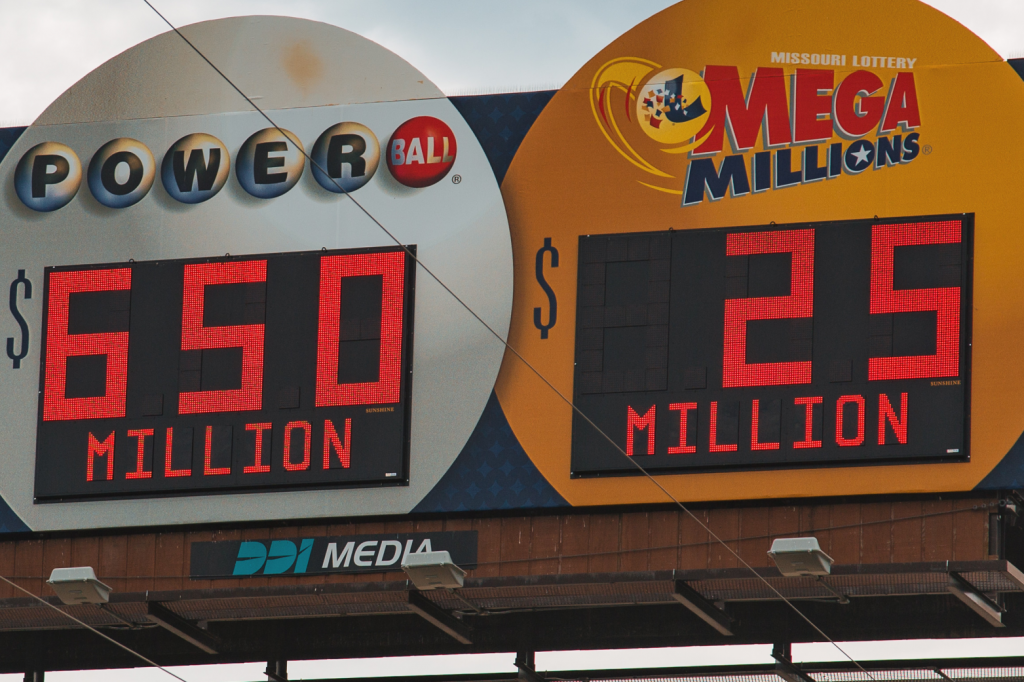SEAL Team Six Rescues Missionary
SEAL Team Six recently rescued a missionary who had been abducted. The missionary is also a U.S. Citizen.
Watch this video to learn more.
SEAL Team Six recently rescued a missionary who had been abducted. The missionary is also a U.S. Citizen.
Watch this video to learn more.

The Associated Press reports that voters in Arkansas passed Issue 1 continuing the one-half percent sales and use tax and Issue 2 amending term limits in Arkansas; voters rejected Issue 3 amending the rules governing ballot initiatives and referred measures.
Below is an overview of each ballot issue from Family Council’s 2020 Arkansas Voter’s Guide.
Issue 1 is a proposed amendment to the Arkansas Constitution. In 2019 the Arkansas Legislature referred Issue 1 to the people for a vote. If passed it will continue the one-half percent sales and use tax that is set to expire in 2023. This proposed amendment to the Arkansas Constitution makes the one-half percent sales and use tax permanent. The tax revenue generated would be used for state, county, and city roads, streets, highways, bridges, and other surface transportation. The sales tax does not apply to food and food ingredients. The tax revenue shall be distributed to the State Highway and Transportation Department Fund, the County Aid Fund, and the Municipal Aid Fund.
Issue 2 is a proposed amendment to the Arkansas Constitution changing term limits for state legislators. In 2019 the Arkansas Legislature referred Issue 2 to the people for a vote. Issue 2 creates the “Arkansas Term Limits Amendment” and amends the term limits applicable to state legislators. Currently state legislators can serve up to sixteen years in a lifetime. Issue 2 would limit state legislators elected after 2021 to serve no more than twelve consecutive years. However, they would then be eligible for election to the state legislature after four years out of office from their last elected term.
Issue 3 is a proposed constitutional amendment changing the process of citizen initiatives and measures referred out by the state legislature. In 2019 the Arkansas Legislature referred Issue 3 to the people for a vote. Issue 3 amends the process for the submission, challenge, and approval of proposed initiated acts, constitutional amendments, and referenda. If passed this constitutional amendment would require that a petition contain valid signatures equaling at least half of the required percentage of signatures from each of 45 counties compared to the current 15 county requirement. Issue 3 also requires a three-fifths vote of both chambers of the legislature in order for them to refer a proposed constitutional amendment to the voters. Issue 3 eliminates the option for petitioners to collect extra signatures for 30 days if the petition fails to meet the signature requirements, requires challenges to the sufficiency of any ballot measure to be filed no later than April 15 of the election year, and requires signatures for citizen initiative petitions to be submitted to the Arkansas Secretary of State by January 15 of the election year.

On Tuesday the Arkansas Lottery rolled out five new scratch-off tickets — including a ticket that sells for $20 and offers prizes up to $1 million.
We have written over and over again about how controversial scratch-off tickets are — especially the more expensive ones.
For example, a 2015 study in Canada found a link between problem gambling and instant lottery tickets, writing,
It is possible that problem gamblers are more attracted to instant win tickets than lottery tickets because instant win tickets provide immediate feedback. Some authors have even described instant win tickets as “paper slot machines” (Griffiths, 2002). Therefore, instant win tickets might be considered a more exciting form of lottery gambling, which may help explain why it attracts a different type of gambler than [ordinary] lottery tickets do.
A 2018 study published in the Journal of Behavioral Addictions also found a link between how often a person played scratch-off tickets and the severity of a person’s gambling problem.
People who spend $20 on the Arkansas Lottery’s newest scratch-off ticket have about a two-in-three chance of losing their money.
The odds of winning the million dollar jackpot are one in 720,000.
In 2007 The New York Times wrote about the dangers of high-price scratch-off tickets in Texas and pointed out how they encourage people to buy lottery tickets out of desperation, saying,
But critics in Texas and elsewhere say games promising this kind of instant gratification are more likely to contribute to the kind of problem gambling that is usually associated with fast-paced casino betting, and they are now trying to limit them.
They say the games take particular advantage of the most vulnerable members of society, including the poor and members of minority groups.
“Scratch-off tickets are to the lottery what crack is to cocaine,” said State Senator Eliot Shapleigh, a Democrat who represents El Paso. . . .
The higher value games certainly appeal to people like Larry Hardy, who nearly every day walks from his central Houston rooming house to a nearby Chevron station to work odd jobs and buy scratch-off lottery tickets.
He has won $200 several times with a game called “Break the Bank,” but Mr. Hardy, who relies on $600 a month in federal disability payments to support himself, still spends $30 to $40 a week on the elusive dream of hitting it big.
“I feel at times I shouldn’t play again,” Mr. Hardy said, “but the reason I play is I really need $20, $30, $40 or maybe $50.”
After analyzing state lottery data in Texas in 2008, the Houston Chronicle found that Texas’ $50 scratch-off ticket “fared best in middle-income neighborhoods typically not considered affluent.”
Scratch-off tickets that cost $20 offer big payouts to people who may be living on very little money.
That means they are likely to entice people to play the lottery out of desperation in hopes of “hitting it big.”
The Arkansas Lottery consistently spends most of its money paying for prizes that only a handful of people ever win.
Since July 1, nearly 71% of the Arkansas Lottery’s revenue has gone to prizes.
In fact, as a percentage of its revenue, Arkansas’ Lottery has one of the highest prize budgets of any lottery in America.
Only about 16 – 17 cents of every dollar the Arkansas Lottery makes goes to scholarships.
For perspective, the typical state lottery spends about 60% of its revenue on prizes and 30% on education.
The Arkansas Lottery could provides millions of dollars more in scholarship funding if it simply would reduce its prize budget to 60% and increase its scholarship budget to 25% – 30% — just like other state lotteries do.
Even though lottery ticket sales spiked this year, the Arkansas Lottery is continuing to roll out new scratch-off tickets every month — and only a fraction of the money is going to students.
Photo Credit: Powerball and Mega Millions Lottery Billboard in Missouri by Tony Webster, on Flickr.